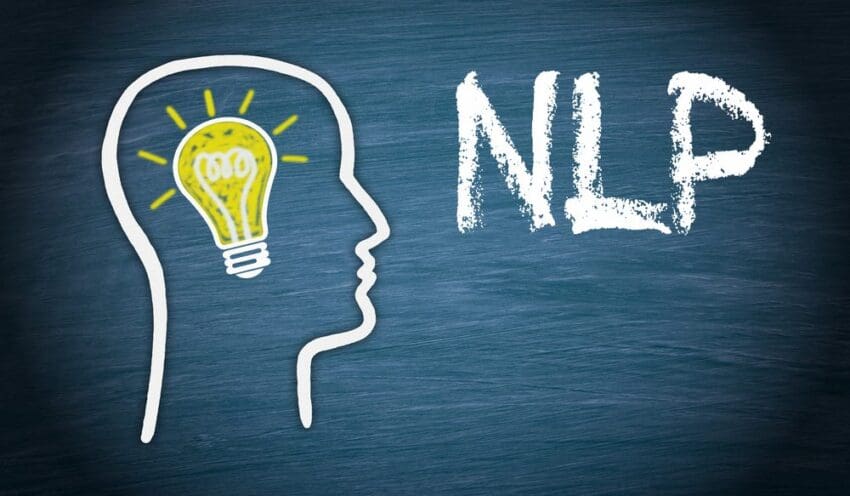One UK based expert is urging leaders of businesses from one man bands upwards to find out exactly how NLP can help them become more effective.
Steve Kay, founder of Quality Culture is urging business leaders to adopt simple NLP strategies such as learning to take responsibility, noticing good qualities in others and adopting a positive attitude.
Steve has spent the past 12 years training leaders in both the public and private sectors on how to improve their own and their teams’ performance.
Now Steve and his team have launched a free online NLP leadership challenge for UK businesses which is downloadable from QualityCulture.co.uk.
Steve says: “The latest research has shown that management by email alone doesn’t work.
“Leaders need to create an environment of trust where people can flourish, grow and take personal responsibility.”
He wants leaders from all sectors to take on the challenge and implement the following five tips into their working week to get the most from their teams:
1. Think about your impact on people.
What are you projecting through your mood and physiology? You can create a better state for yourself when you ask yourself “what would the best nurse/doctor/manager in the world look like, be like and feel like?”
2. Spend more time with your team and colleagues
If you took part in a ‘Mr. and Mrs. Competition’ with one of your team members and were asked about their personal lives, names of their kids, how they were doing in the football team, would you get the answer right?
This is about being genuine and caring about people, not being false. Coaching your team through their problems at work adds tremendous value and develops their capability and worth to your organisation.
By using the GROW model you can let them come up with their own answers and actions. First ask them what they want to achieve, their goal, that’s the ‘G’. Secondly the ‘R’ where are they now?
Thirdly the ‘O’ what are their options? And finally the ‘W’ or will, do they carry out the action plan? Do they take ownership?
3. Notice three good things in someone you did not see before
One of the ways we make sense of the world around us is to delete a lot of information. According to psychologists we receive two million pieces of information a second and delete all but 134 bits. We then generalise it into groups.
The problem is that if we form an opinion of someone or a department we will receive negative information through our filters to support that belief. So here is how we can overcome it.
Ask yourself to notice three good things about that person or team. If you are doing this to help another colleague ask them “tell me three good things about that person.”
4. Take Responsibility and ask yourself better questions
Imagine a line. Above the line we have ‘Ownership’ ‘Accountability’ and ‘Responsibility’ which conveniently spells OAR. Below the line we have ‘Blame’ ‘Excuses’ and ‘Denial’ or BED.
Now we can only be above the line or below the line we can’t be on it. Any time you or your team are using ‘reasons’ why things can’t happen or blaming something or someone else they are below the line. If you are in a negative state you are definitely below the line.
Teams who are above the line take charge and get things done. If you find yourself below the line the best thing you can do is ask yourself better questions.
Whenever you talk to yourself in a positive way you create images in your mind of solutions. You know yourself that when you read a book, words trigger pictures and pictures trigger feelings.
Well that’s what happens in our mind and when we are in a good state we get more done. So instead of worrying about stuff, ask yourself questions like; “How can I improve the situation?” “What result do I want?” “What can I do to have an immediate impact?”
5. Pay it Forward
Do something for someone else without expecting anything in return. Have you worked out that when you receive a gift from someone you feel good? And when you give a present to someone else you also feel good too.
Well you can’t choose how many gifts you receive but you can decide how frequently you can do things for others. What makes us feel good is the chemical oxytocin, which is released when we do things for others. It is because of oxytocin that we build trust.
To support leaders in this challenge, Steve and his team have put the free one hour NLP download on the homepage of their website. Individual tracks are also available on the website and can be found at QualityCulture.co.uk
Image: NLP via Shutterstock


